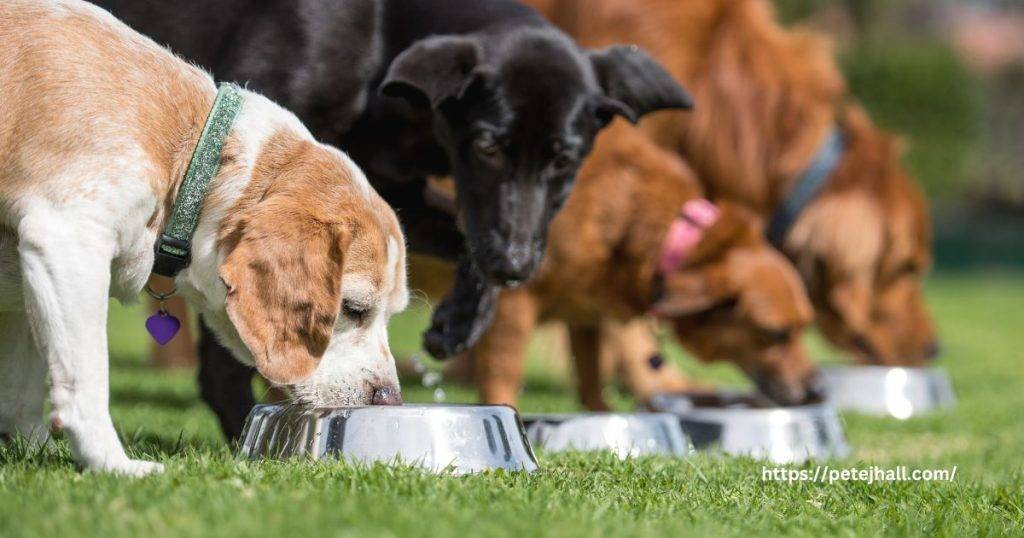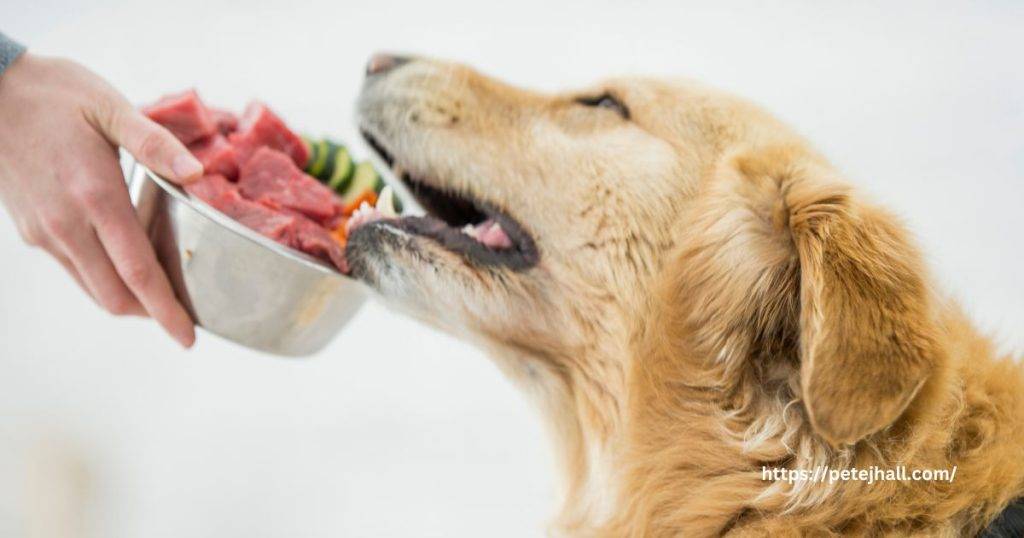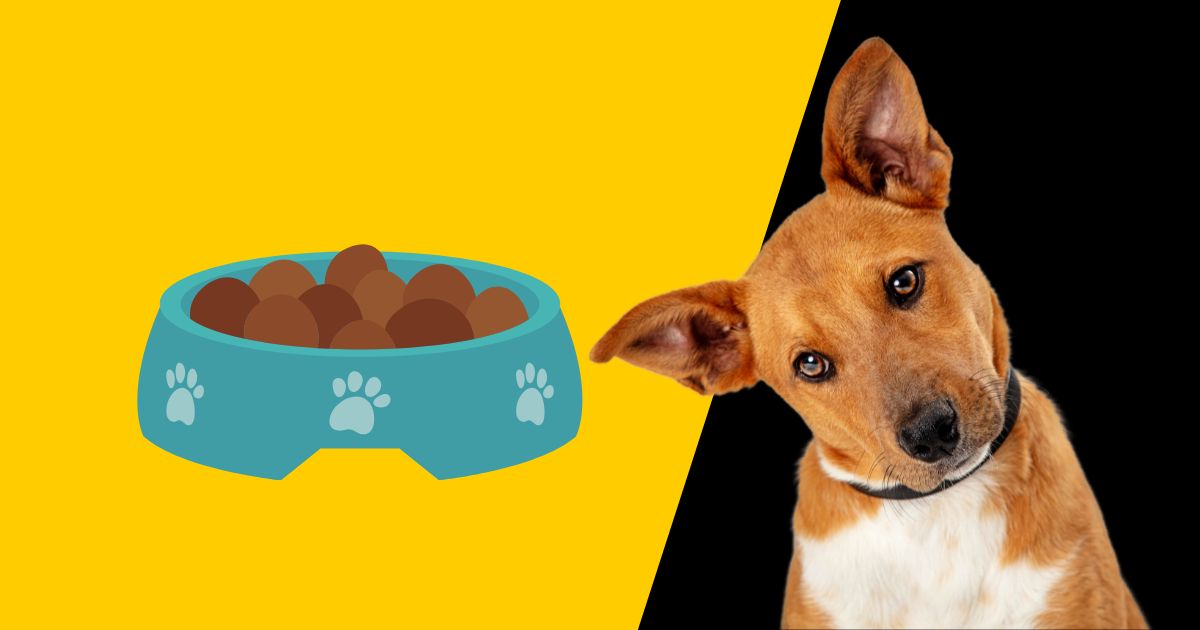As pet owners, we often neglect to ensure the well-being of our dogs, which includes taking care of their diet to prevent allergies. If your dog has any allergies to food, a Homemade Diet for Dogs with Allergies may be right for you. Consuming air-dried pet food allows you to control the composition of ingredients, keeping your allergic pets as far away from allergens as possible. In this post, we will explore the advantages of homemade food for allergy-prone dogs and discuss how to tailor a diet plan accordingly.
What is the purpose of creating a diet for dogs with allergies?
Common food allergens in dogs typically involve protein sources, which are commonly found in commercial pet foods such as beef, dairy, and wheat. Homemade diet offers unlimited control over what enters your dog’s meals (which in turn lets you avoid food intolerances and allergens) as well as the power to choose very nutrient-rich options for their nutrition.
Key Benefits:
- Control of allergens involves eliminating potentially harmful allergens and ensuring that your dog only consumes safe, nutritious foods.
- Cooking at home allows you to use the best and freshest ingredients.
- Personalization: Modify the food according to your dog’s appetite, intolerance, or different health issues.
Homemade Diet for Dogs with Allergies

Of course, you’ll need to do proper allergen testing before stopping the commercial diet. Five symptoms of dog food allergies
- Itchy skin
- Ear infections
- Diarrhea or nausea are examples of digestive issues.
- Chronic gas or bloating
- Red or irritated skin
Visit a veterinarian to figure out the allergen. A potential treatment would also be an elimination diet, where you remove possible allergens and slowly add them back into your system to see what causes a reaction.
DIY Allergen Cost-free Doggy Diet

Maintaining a balanced diet for your dog is crucial. Your dog needs a combination of protein, carbs, good fats, and essential vitamins and minerals to stay healthy. Here’s how to prepare a home-made, balanced diet for your dog:
1. Protein Source:
Choose novel proteins that are unfamiliar to your dog.
- Venison
- Duck
- Turkey
- Rabbit
- Salmon
Proteins are very important for your dog’s muscle health and energy. Avoid eating undercooked proteins and make sure to break them up appropriately into bite-sized pieces.
2. Carbohydrates:
Carbohydrates provide important energy stores. Choose hypoallergenic choices, for example:
- Sweet potatoes
- Brown rice
- Quinoa
- Pumpkin
These digestible carbohydrates for your dog are derived from sources such as beet pulp and rice bran. Prebiotics make up this fiber source, providing vitamins and fiber to mature dogs’ gastric systems [2].
3. Vegetables:
Vegetables are safe for dogs.
- Carrots
- Spinach
- Zucchini
- Green beans
The vitamins and nutrients found in a variety of vegetables are good for your immune system and overall wellness as well.
4. Healthy Fats:
Coat and Brain: This is where fats come in. Include sources like:
- Coconut oil
- Olive oil
- Flaxseed oil
- Omega-3-rich fish oil
5. Supplements:
Homemade diets are good, but they can be unbalanced for the animals due to lack of certain nutrients, so it’s advised that you add:
This: (crushed eggshells or bone meal) null; (// How should?
Dog-specific multivitamins
Homemade Fix for Dogs Allergic to Everything
INGREDIENTS:
- 1 pound of cooked turkey
- 1 cup of cooked quinoa
- ½ cup of steamed spinach
- ½ cup mashed sweet potatoes
- 1 tablespoon of fish oil
INSTRUCTIONS:
- Bake the meat with water until fully done.
- Follow instructions on the quinoa package to cook the basics.
- Steam the spinach until soft.
- Mash the sweet potatoes.
- Put all in a bowl; add some fish oil.
- Divide into portions according to the size and daily feeding of your dog.
Important Considerations
Bunt recommended avoiding the following hazardous ingredients when preparing homemade meals:
Grapes and raisins are toxic to dogs.
Note: Onions and garlic—anemia.
Chocolate is extremely harmful to dogs.
Xylitol (artificial sweetener)—extremely dangerous.
Conclusion
Creating a homemade diet for dogs with allergies can alleviate common uncomfortable symptoms and provide them with all the necessary nutrients. Through qualifying ingredients correctly and balancing your dog´s meals, you can give him a healthier and better life. Also, keep in mind that anytime you plan to make changes or add new food to your dog’s diet, consult the vet, and relax, as you will now know what exactly goes into his bowl!
FAQ
Signs your dog may have food allergies
They will start showing signs such as scratching, loose bowel movements, ear infections, and skin irritation. Visit your vet for an adequate diagnosis and an elimination diet to identify the allergen.
The best protein for dogs with food allergies
Excellent novel protein options: Dogs with food allergies can benefit from the high antioxidant content and highly digestible proteins found in venison (made from deer), rabbit, or duck. They are relatively less allergenic than more routine proteins such as beef or chicken.
It is possible to give your dog a homemade diet daily.
Indeed, it’s crucial for the diet to be balanced and comprehensive, fulfilling all your dog’s nutritional needs. Make sure to seek regular advice from a vet or animal nutritionist to ensure that your dog is getting all the nutrients they need.
Is there any danger in a homemade dog diet?
A homemade diet can fall short of important nutrients if not planned well. If this is the case, definitely look into some dog-specific supplements and ask your vet for advice.
How can you transition your dog to a homemade diet?
Transition SLOWLY Over a period of 7–10 days, gradually incorporate the homemade food into their current diet. Begin at one-quarter homemade food and gradually increase to full.

